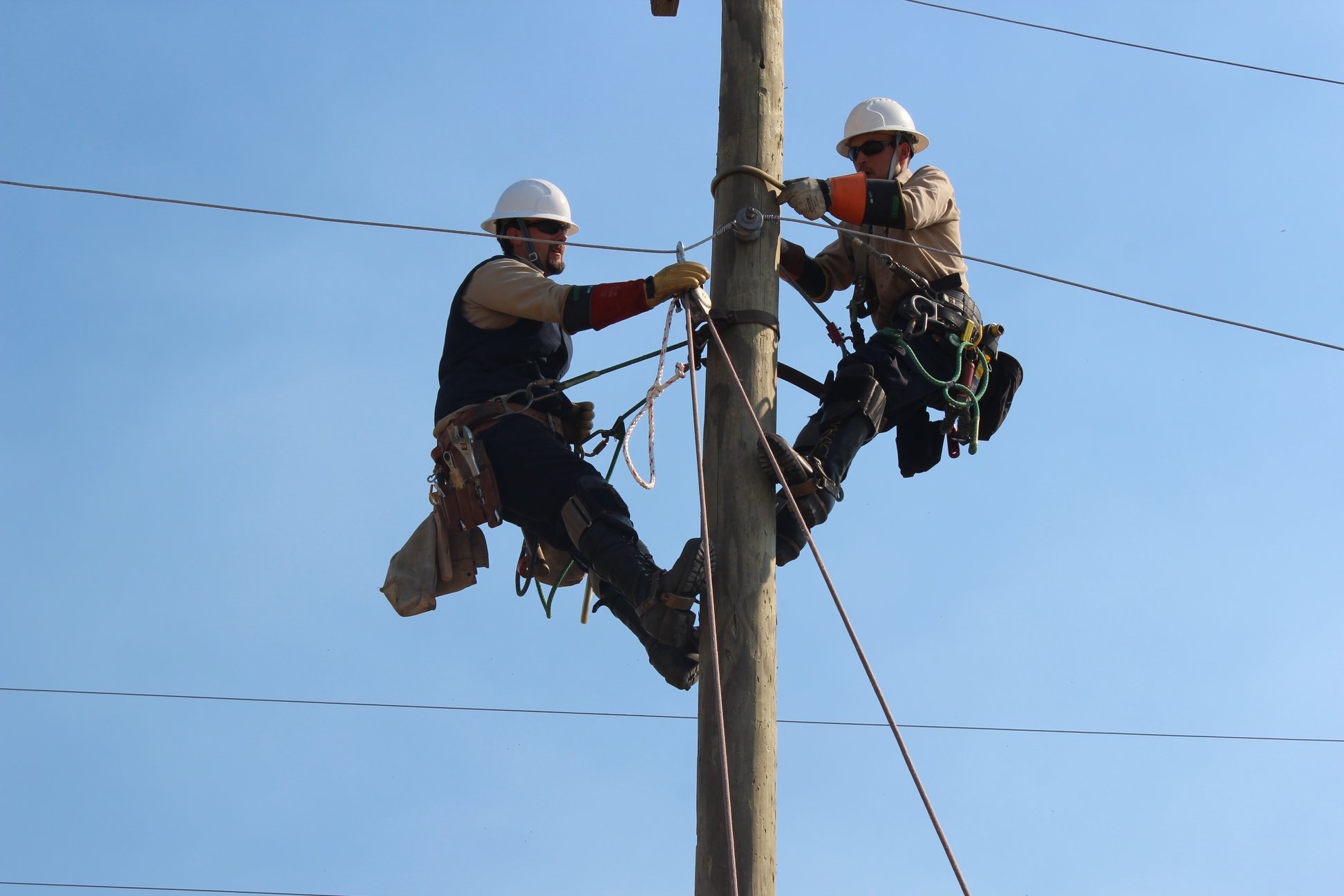There is fresh pressure already this year on South Carolina’s beleaguered Electric Cooperatives of South Carolina (ECSC) and the Central Electric Power Cooperative (CEPC) – a glorified middleman whose local utility customers are forced to pay some of the highest energy prices in America. According to our sources, at least three more rural electric cooperatives are making moves that could eventually result in a fundamental reconfiguration of the Palmetto State’s power grid.
As we reported back in November, Central is being sued by Marlboro Electric Cooperative (MEC) – which is seeking a “fair and equitable exit” from the utility in the hopes of negotiating more competitive energy prices on the open market.
Over the last few years, MEC has started what amounts to an “energy rebellion” among these small, rural cooperatives – which are tired of paying inflated power prices to ECSC and Central.
Two years ago, MEC leaders shocked industry observers by pulling out of ECSC – a statewide trade group that was embroiled in scandal at the time. In fact, ECSC is continuing to struggle – with a growing number of cooperatives beginning to question the leadership (and the salary) of its politically connected president and chief executive officer, Mike Couick.
Couick is close to several prominent Palmetto politicos including S.C. Senate finance chairman Hugh Leatherman and governor Henry McMaster.
In addition to MEC, Pee Dee Electric Cooperative has already bolted ECSC (a.k.a. “Statewide”), and two other cooperatives have signaled their desire to leave. Driving these deliberations? Mounting frustration with Couick – specifically his reported refusal to answer questions about his salary, perks and the ECSC budget.
In addition to drawing a salary of more than half a million dollars a year, Couick has been the recipient of some controversial personal loans from ECSC – including several loans with outstanding balances that were mysteriously “forgiven” by his employer.
Late last year, MEC joined forces with Pee Dee – which serves an estimated 30,000 residential customers in Chesterfield, Darlington, Dillon, Florence, Lee, and Marion counties. Together, they have the largest electric cooperative footprint in South Carolina. As we noted at the time, that move sent shock waves through the co-op world.

***
Since MEC and Pee Dee joined forces, customers of the latter cooperative have seen their rates cut by up to five percent in just two months with “more to come,” according to recent press releases. Pee Dee is striving to match MEC’s rates, which are reportedly the lowest in the Palmetto State. Meanwhile MEC customers continue to see similar rate reductions – including a recent eight percent cut.
Not surprisingly, other utilities are taking note of these savings – and looking to follow the lead of these two cooperatives.
For starters, Pee Dee did not renew its deal with ECSC – and at least two other rural cooperatives are looking to follow suit, citing questions about Couick’s mismanagement.
Such defections not only threaten ECSC’s political hold over the state’s network of cooperatives, they could also spark additional challenges to CEPC – which has struggled to provide competitively priced power to its members for years.
Why are CEPC’s rates so high?
One reason is this “middleman” and its fifty-plus employees have only one job – managing poorly negotiated very long-term power agreements with Duke Energy and government-run Santee Cooper. Meanwhile, the bulk of Santee Cooper’s power – roughly 60 percent of it – is purchased by Central.
This news outlet has consistently credited MEC for its aggressiveness on behalf of its customers and for “adopting an innovative approach to the cooperative utility model.”
“Its leaders continue to put customers ahead of connected insiders,” we noted in an article last September.
MEC’s leadership is now serving as an example to other utilities eager to duplicate its success on behalf of their consumers.
Needless to say, this news outlet will keep close tabs on this situation and report back to our readers regarding which cooperatives are looking to assert their independence the way Marlboro (and now Pee Dee) has done.
***
WANNA SOUND OFF?
Got something you’d like to say in response to one of our articles? Or an issue you’d like to address proactively? We have an open microphone policy! Submit your letter to the editor (or guest column) via email HERE. Got a tip for a story? CLICK HERE. Got a technical question or a glitch to report? CLICK HERE.
(VIA: GETTY IMAGES)

